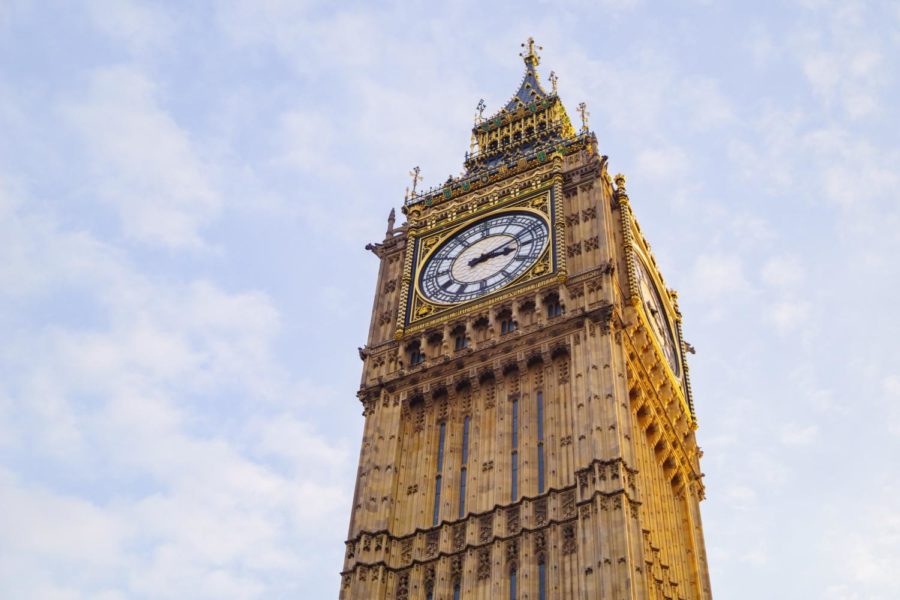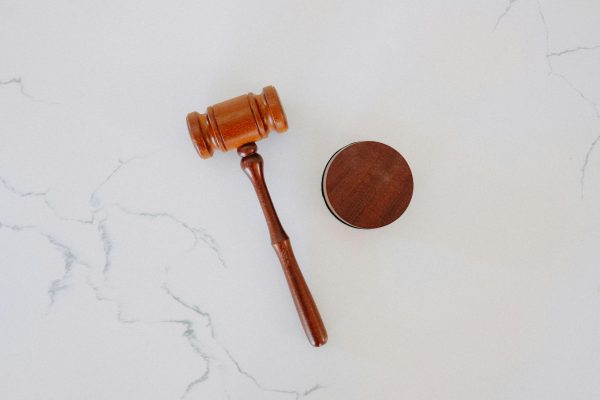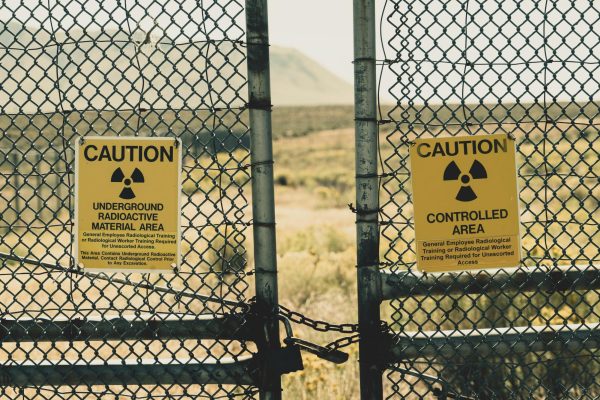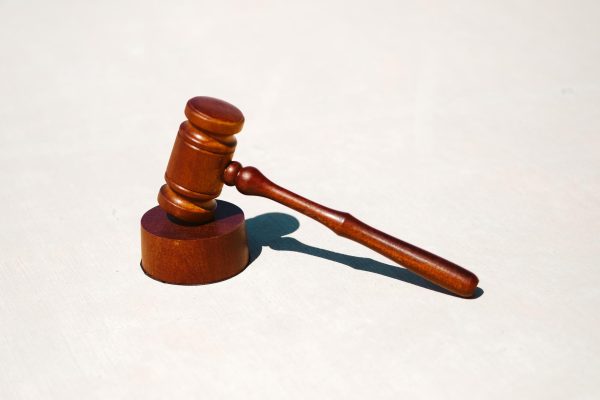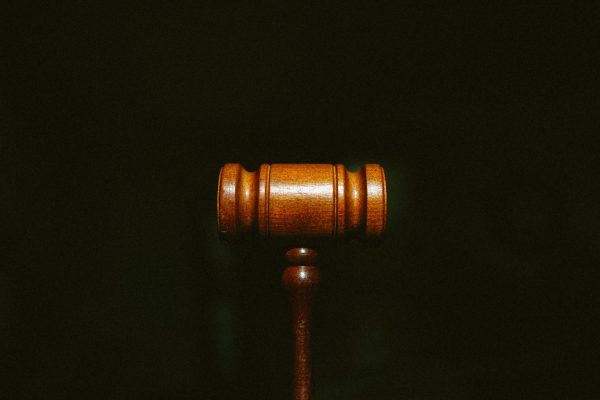Liz Truss resigns, Rishi Sunak becomes British Prime Minister
December 2, 2022
After spending only forty-four days in office, British Prime Minister Liz Truss resigned on October 20, 2022. Five days later, Rishi Sunak assumed the position, becoming Britain’s first prime minister of color.
During her six weeks in office, Truss quickly became unpopular with the British people. After the country spent two weeks mourning Queen Elizabeth, Truss’ financial minister Kwasi Kwarteng announced their new economic policy, which involved cutting taxes for large businesses and wealthy individuals. With no plan to replace those funds, the British economy immediately suffered: the value of the British pound significantly decreased and inflation, already at a 40-year high, further increased the cost of living. The British Conservative Party quickly revolted against the new policy, prompting Truss to retreat from the public eye and subsequently announce her resignation.
Despite losing the summer election against Liz Truss, Sunak easily won the battle for the leader of the Conservative Party. He became the third leader of Britain in just seven weeks, and pledged to work for “stability and unity” (Hindustan Times) in order to fix the country’s “profound economic challenge.” (Reuters)
During his first few days in office, Sunak appointed his new cabinet members. Finance minister Jeremy Hunt and Foreign Secretary James Cleverly kept their jobs, and Home Secretary Suella Braverman returned after resigning during the previous week due to concerns about Truss’ government. In addition, Penny Mordaunt is now the House of Commons leader and will represent the government in the lower house of Parliament.
The United Kingdom, along with the rest of the world, is facing a critical economic crisis. Inflation has greatly affected the country, with high energy prices becoming particularly worrying as winter approaches. Sunak was set to unveil his economic plan on October 31, but postponed the announcement until November 17 in order to finalize the program.
Due to the economic crisis and other “pressing domestic commitments,” (Time) Sunak had not planned to attend the United Nations COP27 summit in Egypt. King Charles had also announced that he would not attend the meeting this year. However, former prime minister Boris Johnson said in an interview that he was “very happy” (Time) to accept his invitation to the summit. Faced with criticisms about his record of not prioritizing climate change – including voting against measures to lower carbon emissions and not including COP26 President Alok Sharma in his cabinet – Sunak reversed his decision and announced that he would attend the meeting.
He tweeted, “There is no long-term prosperity without action on climate change. There is no energy security without investing in renewables. That is why I will attend @COP27P next week: to deliver on Glasgow’s legacy of building a secure and sustainable future.” (The Guardian)
Many world leaders – including well known climate activists Emmanuel Macron, the President of France, and Al Gore, the former United States Vice President – have already spoken at the summit, calling for greater climate action. Some, including Sunak, have also insisted that the war in Russia and Ukraine will not affect efforts to combat the climate crisis. “Climate security goes hand in hand with energy security,” Sunak said. “Putin’s abhorrent war in Ukraine, and rising energy prices across the world are not a reason to go slow on climate change. They are a reason to act faster.” (World Economic Forum)
Last Monday, Sunak was mysteriously escorted out of the summit by a group of his aides. A video of the group walking out has gone viral on social media, with many questioning the prime minister’s abrupt exit.
Recently, Sunak has also faced criticism regarding the resignation of cabinet member Gavin Williamson. Williamson was accused of bullying government members: allegedly telling a former senior civil servant to slit his throat. Sunak has been questioned about his knowledge of Williamson’s actions, but government officials have staunchly claimed that neither Sunak nor Simon Case, the Cabinet Secretary, knew about the bullying allegations. However, Sunak has admitted that he regrets bringing Williamson back into the cabinet.


